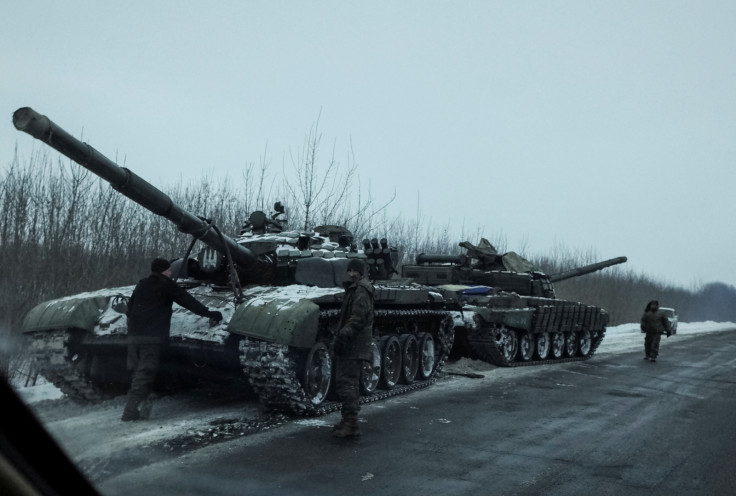Ceasefire set to take effect in eastern Ukraine
The deal is another attempt at implementing the Minsk peace agreement.
A ceasefire to put an end to the battle between Ukrainian forces and pro-Russia rebels is set to come into effect on Monday, (20 February) after a deal was signed over the weekend in Munich.
The deal is another attempt at implementing the Minsk peace agreement, which has failed multiple times since it was first partially enforced almost two years ago.
Pro-Russian separatists and Ukrainian troops have clashed with each other on a daily basis for the past several months. There has been an increase in violence in eastern Ukraine since January.
At least 16 soldiers were wounded and two were killed in fighting over the weekend, Ukrainian government said.
Russian Foreign Minister Sergei Lavrov said it was a positive sign that foreign ministers "agreed once again for the state of a ceasefire on February 20."
He added that the deal was "the start of the withdrawal of heavy arms" in eastern Ukraine.
However, the sustainability of the peace deal is in doubt as Russian President Vladimir Putin signed an executive order on Saturday, which recognises passports and other documents issued by the separatists in eastern Ukraine. It allows people in eastern Ukraine to travel, work and study in Russia.
Oleksandr Turchynov, Ukraine's Secretary of National Security and Defense has said, "By signing this decree, Putin legally recognized quasi-terrorist groups that have this as a fig leaf covering the Russian occupation of Donbass."
This decision by Kremlin "completely negates the Minsk process and states Russia's exit," he added.
Ukrainian President Petro Poroshenko denounced the order and said: "For me, it is another evidence of Russian occupation and violation of international law. It is very symbolic and cynical that it happened during the Munich Security Conference."
In an interview to Radio Free Europe, Organization for Security and Cooperation in Europe (OSCE) Secretary-General Lamberto Zannier said that the order signed by Putin would not help the chances of ceasefire to even take hold.
"The steps taken last night by Russia to recognize these documents are making implementation (of the ceasefire) more difficult," he said.
Around 9,700 people have been killed in the conflict that began in 2014 following the Russian annexation of Crimea.

© Copyright IBTimes 2025. All rights reserved.





















